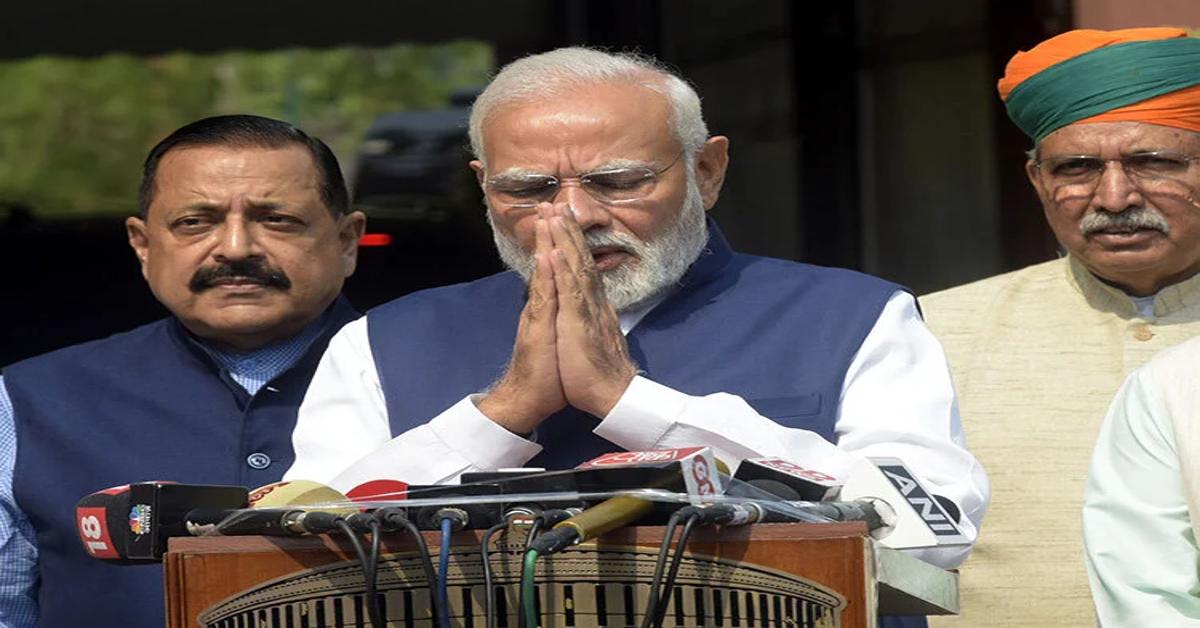
As India's massive election enters its second phase, campaigns focus on economic achievements, social issues and Modi's leadership
Voting began in India on Friday for the second phase of the world's biggest election as Prime Minister Narendra Modi and his rivals intensified their campaign rhetoric, focusing on controversial issues such as religious discrimination, affirmative action and better taxation. Votes will be counted on June 4 in the seven-phase general election, which began on April 19 and ends on June 1, with nearly one billion voters.
Running for a third consecutive term, Modi has emphasized his economic achievements, welfare policies, nationalist fervor, Hindu ideology and personal popularity, while polls suggest his victory is a strong possibility.
Modi's opponents, made up of more than two dozen parties, promise more affirmative action, more social benefits and an end to Modi's authoritarian rule.
In the second phase, 88 of 543 parliamentary seats were contested in 13 states and federal territories. 160 million voters participated in the elections, concentrated mainly in Kerala, Karnataka and Rajasthan.
Campaign rhetoric has escalated since the first phase, when Modi and the main opposition Congress party clashed over social issues, inheritance tax and affirmative action policies.
The Congress Party, which suffered significant losses in 2014 and 2019, is aiming for a resurgence, particularly in Karnataka, despite infighting and legal challenges faced by some of its leaders.
Amid concerns over voter turnout due to the summer heat and wedding season, efforts are underway to encourage turnout amid challenging weather conditions in various districts.
Source: Reuters